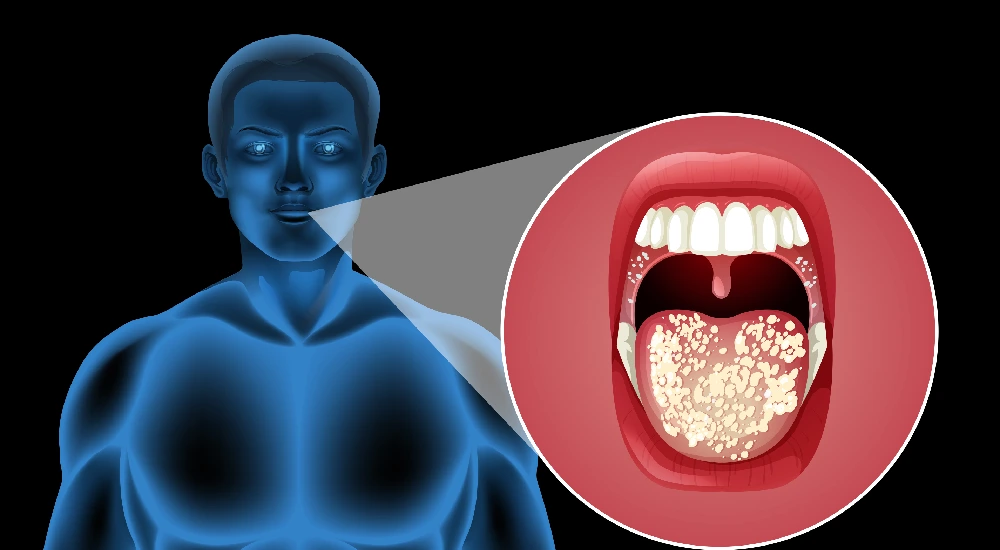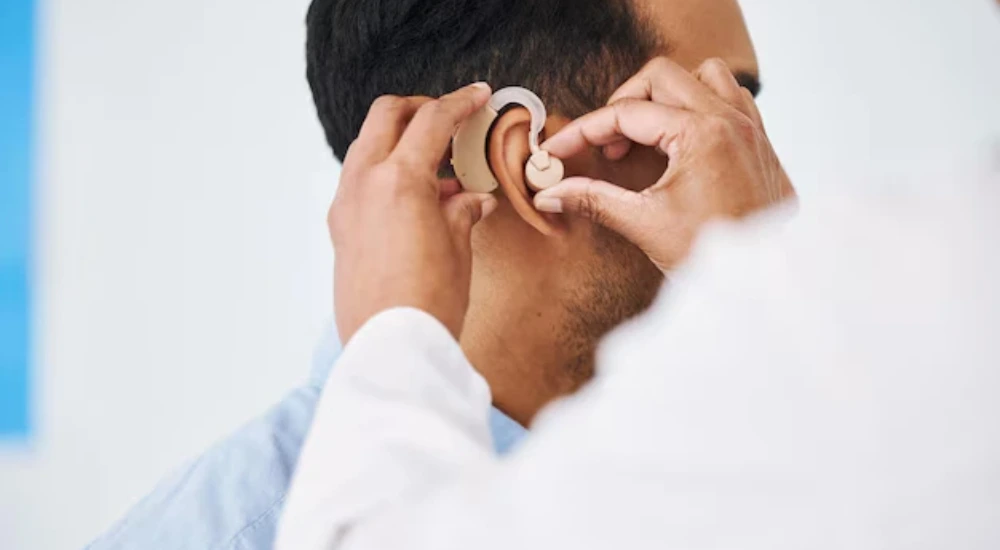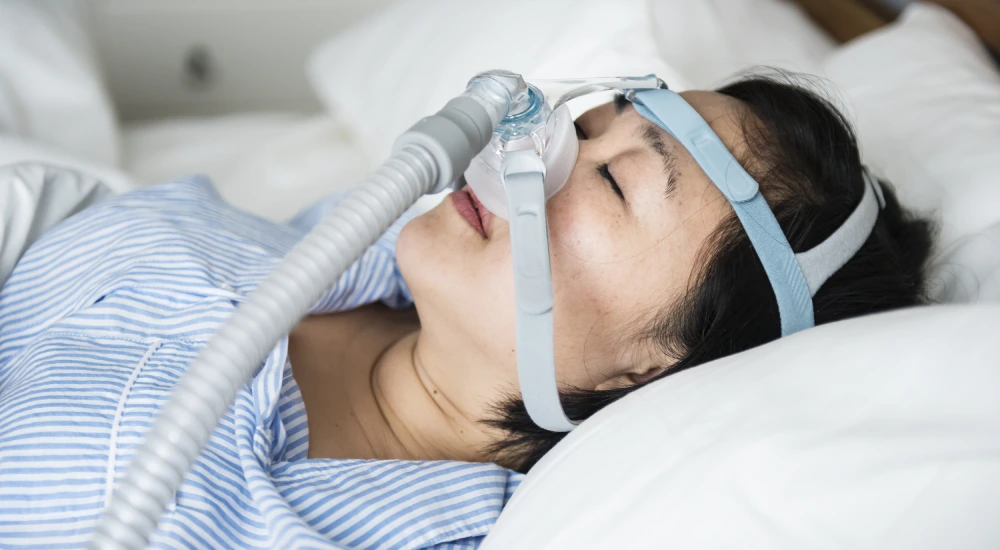
Do you often feel fullness in your ear? This could be the reason
Many patients complain “My ear feels full” with or without dizziness, some ringing or roaring noise in the ear called as tinnitus etc.,
all such conditions pertaining to ear problems especially the middle ear alerting you to consult an ear infection doctor usually referred as a ENT specialist.
A sensation of ear being full also called as aural fullness is due to a condition called cochlear hydrops that arises when fluid accumulates in the middle ear thus increasing the pressure. This pressure needs to be lowered or released by draining the fluid. An early stage of such a condition is called cochlear hydrops which leads to Meniere’s disease. There are other common causes of ear fullness which may occur due to a common cold, fever, a mild ear infection or due to ear wax. However, irrespective of the reasons behind ear fullness, a medical diagnosis is essential to identify cochlear hydrops or any other ear related problems. Hence, it is highly recommended to consult an ear infection doctor.
Here are some cochlear hydrops symptoms
- Dizziness referred as vertigo
- Nausea
- Vomiting
- Fever
- Ear discharge
- Partial hear loss
- Pain
- Itching or tickling sensation
Some of the underlying causes for aural fullness include
- Ear infection - a condition called as Otitis Media is an infection in the middle ear usually fungal infections that cause discharge and pain. Antibiotics are used to treat this problem. Sometimes it may be non-symptomatic and resolves on its own.
- Endolymphatic hydrops - caused by fluid imbalance. A fluid called endolymph in the middle ear is maintained at a constant volume and pressure. Loss of this fluid also causes ear fullness. A primary condition of endolymphatic hydrops is called Meniere’s disease. The causes for Meniere’s disease are unknown. If ear fullness is associated with dizziness referred as vertigo and tinnitus then it may be Meniere’s disease that needs to be treated by an ear infection doctor to avoid permanent hearing loss. There is another condition of Meniere’s disease called secondary endolymphatic hydrops where the reason is known and it may be due to a head injury or an impact of surgery.
- Ear wax is another common and low risk factor for ear fullness. Earwax protects the ear from dust and other penetrations deep into the inner ear. Excess accumulation of ear wax leads to ear fullness that needs to cleanse periodically.
- Cholesteatoma - this condition is when the ear drum is ruptured, Eustachian tube dysfunction or repeated ear function occurs. This condition also leads to ear fullness that needs medical attention at the earliest to avoid worsening situations.
- Hyperacusis may also be the underlying cause for ear fullness when a person becomes sensitive to loud noise. This condition has to be ruled out.
- Superior semi-circular canal dehiscence syndrome (SSCDS) - this also causes ear fullness and occurs from a tiny hole in the inner ear often associated with vertigo and dizziness.
- Sudden sensorineural hearing loss (SSHL) - this is an emergency condition that occurs with a pop sound in the ear and dizziness followed by complete hear loss.
- Acoustic neuroma - this condition also creates aural fullness that occurs due to a benign tumour growth in the eighth cranial nerve in the inner ear.
- Labrynthitis - a condition that occurs due to upper respiratory infection, flu or ear infection causing ear fullness, vertigo which may resolve on its own.
So, if aural fullness persists with fever, pain, dizziness, vertigo and imbalance it is highly recommended to rule out the underlying causes of cochlear hydrops or any other ear problems. Hence, consult an ear infection doctor for cochlear hydrops treatment or any other ear ailments discussed above.Nasal endoscopy is a normal diagnosis procedurepracticed by ENT doctors where a thin tube is passed via the nose to examine the rear side of the nose and top of the throat for any fluid retention that is blocked for drainage which may cause ear fullness.
Hence, it is highly advised to consult your ear infection doctor next time you feel fullness in your ears. Early detection is always wise to prevent serious complications.
Share This Story, Choose Your Platform!






